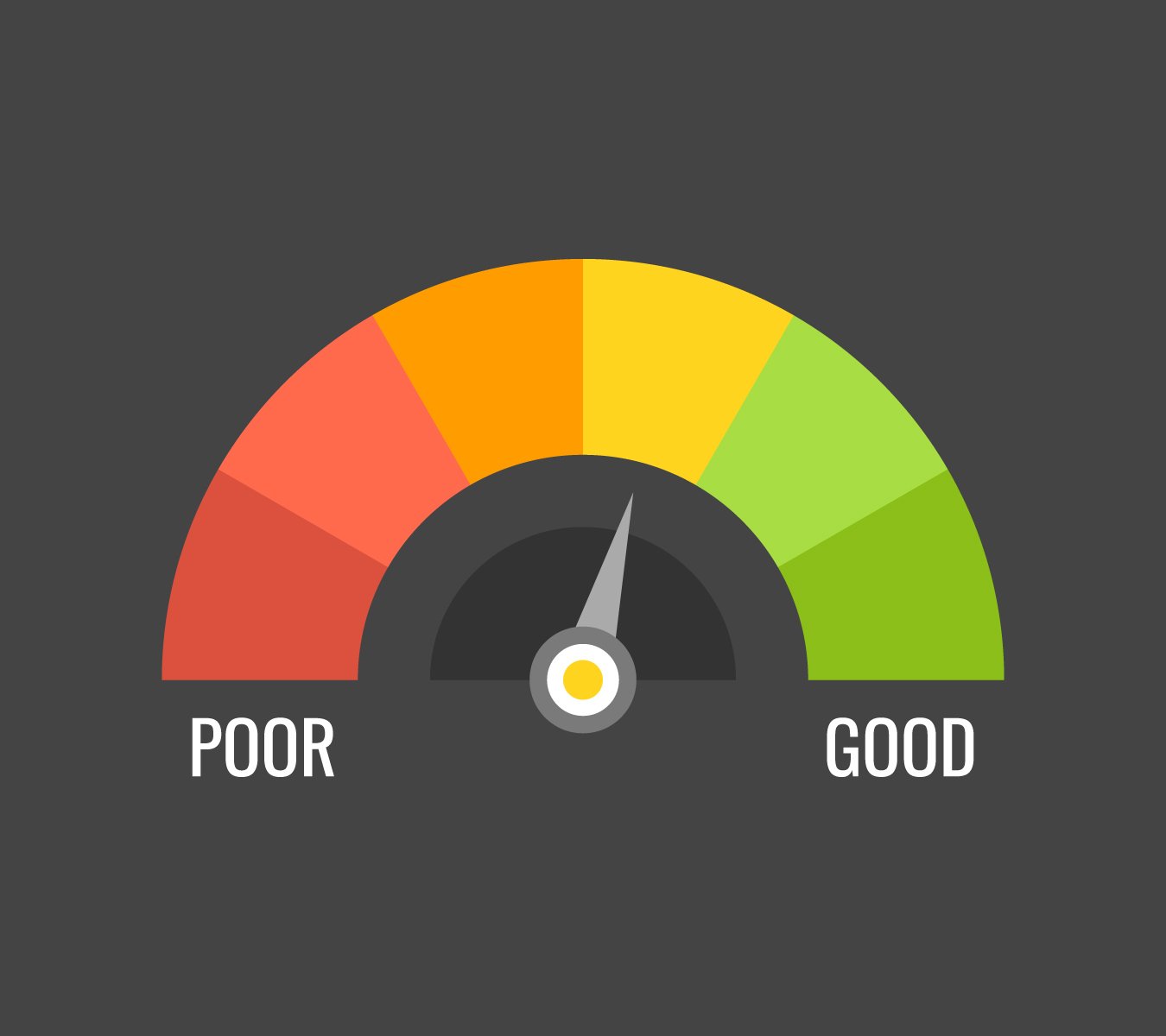Buying a new car can be a very exciting purchase, whether the car is new or new-to-you! Unless you have the funds saved up to purchase the car, you’ll need to get an auto loan to finance your purchase. There are several factors when it comes to qualifying for an auto loan, including your credit score. Here’s a helpful guide with information to help you through the process:
Qualifying for an Auto Loan
Before you can get your auto loan, you’ll need to qualify for the loan with a lender. This means that you’ll need to meet certain minimum requirements for the lender to provide you with those funds. While the requirements may vary between lenders and loan terms, there are a few basic things that they’ll look at. Here are some of the things that your lender will look at:
Income: A very important part of qualifying for the loan is proving that you can afford to pay the lender back. You’ll need to provide financial information like pay stubs and/or tax documents to verify your income.
Credit Score: Your credit score is another crucial part of qualifying for an auto loan and the loan interest rate. Your credit score is used as a reflection of your creditworthiness, which tells the lender if lending to you is a safe opportunity or if it may be too risky for them.
Debt-to-Income Ratio: When reviewing your financial information, the lender will consider the debts that you currently have and compare that to your income. The percentage of your income that goes towards your current debts is called your debt-to-income (DTI) ratio. Lenders have limits based on that percentage, with most typically avoiding lending over a maximum DTI of 36%.
Repayment History: Your financial history is also an important factor to be considered, particularly when it comes to repaying other debts. While this is part of your credit score, many lenders are more willing to work with those who can show a history of consistent and on-time payments, even if your credit score isn’t as high as they’d like. In contrast, a negative history with late or missed payments may make it more difficult to qualify for an auto loan.
Credit Scores and Auto Loans
As was mentioned, your credit score is an important factor in qualifying for an auto loan. Credit scores range from 300 to 850. There are different levels and ratings within this range, from poor to exceptional. Lenders may vary slightly in their credit ranking, but most typically have a limit of credit scores that they’re willing to work with.
It is through your credit score and credit report that the lender can view your payment history, credit usage and balances, length of credit history, and what type of accounts you have. If you qualify, your credit score is used to determine what interest rate you can qualify for – those with highest credit scores will qualify for the lowest interest rate.
If you have a credit score of at least 660, then you will likely be able to qualify for most used auto loans. In contrast, some new auto loans may require a score of at least 720. If you don’t fall in this range, don’t worry – a lower score may still be able to get you qualified for the loan, but you’ll need to be willing to pay a higher interest rate and show that you have made consistent payments in the past. It's worth speaking with a loan officer about your specific situation to see if any exceptions can made. Some situations, like being a first-time car buyer, can make you eligible for certain loan programs that can help you qualify.
Related: How to Get a Car Loan with Bad Credit
Building or Restoring Your Credit
If you’re looking to build or restore your credit, there are a variety of different options available to help you along the way! A good credit score can help you qualify for loans and save money with the best interest rates available, making it worth the investment.
Secured loans are a great option to help build up your credit history. This option is especially helpful for those who may not otherwise qualify for a loan. A secured loan is a loan that is offered by a lender, but that is backed by your own funds. This makes it less risky for the lender to offer the loan, while also enabling you to build up your credit and repayment history.
Financial literacy can be another great help in improving your credit. Taking the time to understand your finances and how to build good habits can help you apply those principles to your life – and those changes will be reflected in your credit score. There are great resources available, including these FREE resources from Wasatch Peaks, that can help get you started.
Getting an auto loan may be more realistic than you think, even if you don’t have a perfect credit score. If you have a good credit score already, you’ll just need to fill out an application to get qualified and then you can explore potential loan options. If you have a lower credit score, it's worth looking into programs available from your lender for your situation. Otherwise, taking the time to build up your repayment history and/or credit score may help earn you an approval and a lower interest rate on the loan.



